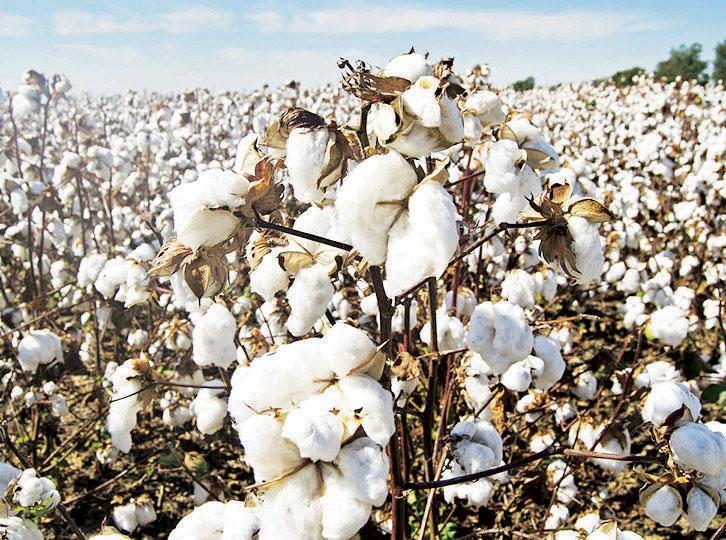Africa-Press – Malawi. Cotton exports are projected to have a sharp increase of 523.8 percent to $26.2 million this year, from just $4.2 million last year, the Ministry of Agriculture’s records indicate.
However, this still falls short of the industry’s record peak in 2012, when the country generated $62 million in export earnings.
That year had a surge in production volume with over 100,000 tonnes of seed cotton harvested, making the commodity one of the top export earners.
In his update on the industry, Minister of Agriculture Sam Kawale said lack of a structured market over the years has been the main drawback.
He touted the emergence of the Cotton Council of Malawi which has set up the structured market as the big leap towards recovery of one of a key potential agriculture industries.
With local farmers expecting to generate K28 billion in domestic sales, the surge in production is also expected to trigger eventual benefits across the whole value chain, creating at least 30,000 jobs.
“The sector has already created 8,000 jobs. This is just in production. 40,000 jobs are expected to be created once production increases and processing and value addition commence,” the minister said.
The structured cotton market opened on June 7 following the establishment of 50 aggregation centres fitted with a new Cotton Management Information System.
“This system has digitally registered nearly 30,000 farmers. The system will also enhance efficiency and transparency on the market.
“Afrisian Limited, Admarc Limited, Malawi Cotton Company, Masapa Cotton Ginners and Illovo Sugar Nchalo Limited are the certified buyers of seed cotton for the 2024-25 season,” the minister adds.
He further said there has been increased investment with injection of K3.9 billion for cotton production from the private sector.
In a recent interview with Mapeto DWSM general manager, he disclosed that the market failed to supply the textile company with enough seed cotton as they had to import from East Asia.
With an annual requirement of 24 million kg of cotton, the local farmers only supplied 6 million kg, creating a huge deficit that needed forex to fill and denying thousands of people job opportunities as the company was forced to operate below capacity. An attempt to speak to the Cotton Council of Malawi on the statistics from the cotton market did not materialise.
For More News And Analysis About Malawi Follow Africa-Press






